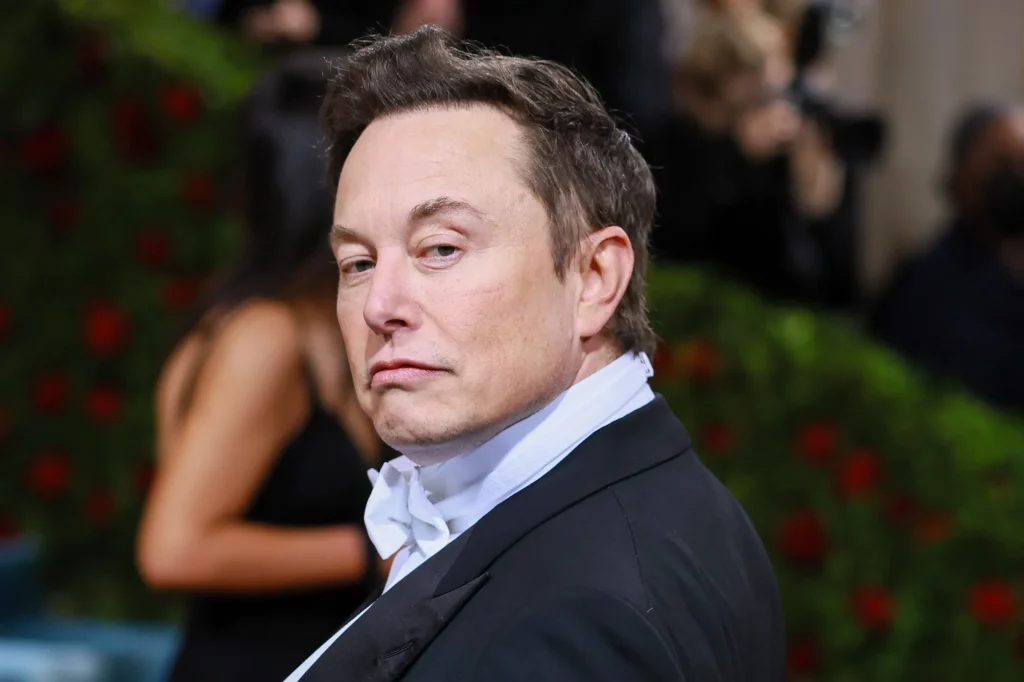Web3 has been a hot topic in tech and the entertainment industries. Elon Musk might have the answer to streamlining how copyrighted work is managed, tracked, and licensed. Music companies have demanded that Twitter license music fully.
But, as the platform’s potential new owner, Elon Musk won’t play the music industry’s game – instead, the music industry must play his. Having said that, a Musk music DAO initiative (let’s call it MuziX, considering Musk’s branding history) could actually be the answer to their plea: it would be a blockchain-based, decentralized copyright management and licensing platform that would democratize the way music is licensed.
The big potential losers should Musk decide to wade into the music biz? Collective rights management organizations and, by proxy, their respective members. To survive in Musk’s world, they must be the architects of their own (current) demise. Let’s take a closer look at Twitter’s position in the landscape in a music business context: It is a gathering space where musicians interact between themselves and their fandom, and where web3 music projects are launched and managed.
His TED Talk about the future gives a good insight into the way he thinks and operates. His primary interest right now? AI. It took time for the AI of autonomous cars to learn how to use roads designed for humans. It had to understand and mimic human vision and interaction. Optimus, Musk’s humanoid AI robot, also needs to understand humans in order to interact with them.
Twitter is the perfect place to analyze human interaction based on short statements and reactions. Musk would magnify this interaction by allowing his users to see if the algorithm changed any given tweet and suggest corrections. In short: Musk is turning Twitter’s customers into collaborators in his mission to improve human-machine interaction.
Hipgnosis’s Amy Thomson suggested the same solution in a recent MBW podcast – a global copyright database that is proofed by creators themselves. She also highlights the lack of transparency as a major problem in today’s ecosystem. Transparency is the core of blockchain technology.
Musk committed to rolling out self-driving cars next year. Processing music transactions would be a walk in the park for him. Transaction costs, which have been flagged as a concern, can be reduced by simply moving to a low-cost, reliable, green blockchain.
So, what would MuziX’s components be?
- A registry for all of the players in the music industry that would provide a unique international ID number and connect them to a dedicated electronic wallet that would give them an overview of all their assets and income generated across the music eco-system by type of use.
- An open database of music composition contributors with splits that are registered on the blockchain, and smart contracts that would set the terms allowing recording artists, DSPs, or anyone else who wants to use the music to stream, sync, or sample.
- A recordings management tool based on a registered composition attached to it that would register all the participating contributors – producers, performing artists, and session players – on the blockchain, and the terms allowing the use of a recording for any purpose.
- A digital vault of recordings that would include a demo of the new recording to complete the registration of the composition. The demo recording would be analyzed via fingerprinting technology to ensure the composition is original and would enable sampling requests. The system would also allow uploading stems that can be used under the terms of the smart contracts and a fingerprint of the recoding.
- It would create the same for any visual/audiovisual work attached to a recording or any contributor.
- A switchboard that would connect all the data with API that would allow anyone who wants to use the copyrighted material personally or aggregate it to third parties under the terms of the smart contracts.
In this new world, songwriters and publishers would be at the center of creation with the tools to dictate the terms under which their compositions could be used. The recording artists and master owners would be able to set their terms as well. Creators could get an immediate license to use stems to create new work and new income for the original creators.
The same goes for AI music creation tools that could give fandom access to license elements from the music they like. Freedom of creation, transparency, and immediate compensation as set by music creators. The same goes for AI music creation tools that could give fandom access to license elements from the music they like. Freedom of creation, transparency, and immediate compensation as set by music creators.
The infrastructure is already there, evolving and taking shape. Take a close look at the NFT music landscape, visit the websites, join their Discord channels, read their road map and white papers, talk to them and connect the dots. Streaming is the main source of income for artists and songwriters. As 80% of the artists on Spotify have fewer than 50 listeners a month, they need to make money elsewhere – in the web3 and NFT space, they can set their own rules and terms of engagement with their fans.
“The music industry is investing intensively in metaverse entities to try and gain a grip on current trends and pull them into line with the old world. Social media and streaming platforms are embracing NFTs as a commodity for sale and not as a utility to pay royalties.” -Elon Musk


